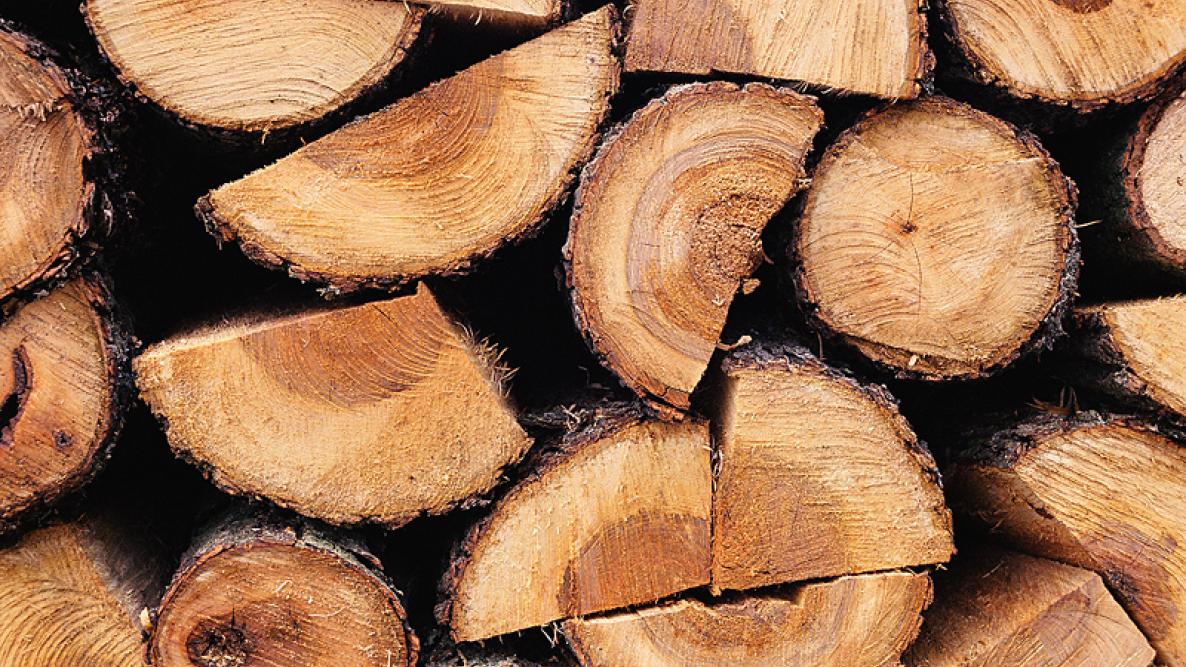Introduction to Firewood
Firewood has been one of the oldest and most reliable fuel sources used by humans for heating, cooking, and outdoor activities. Even in today’s modern world, Firewood remains an eco-friendly and cost-effective choice for many households. When it comes to firewood, the most common question people ask is the difference between hardwood and softwood firewood. Understanding these differences helps you choose the right firewood for your needs.
What Is Hardwood Firewood?
Hardwood firewood comes from deciduous trees such as oak, maple, ash, birch, and hickory. These trees are denser and grow slower than softwoods, which makes hardwood firewood burn longer and produce more heat. Many people prefer hardwood firewood because it delivers consistent warmth, making it ideal for home heating during winter.
What Is Softwood Firewood?
Softwood firewood comes from coniferous trees such as pine, spruce, cedar, and fir. These trees grow faster, are lighter in weight, and usually have more resin content. Softwood firewood ignites quickly, making it great for starting fires. However, it burns faster than hardwood firewood and may not produce as much heat, making it less efficient for long-term heating.
Heat Output of Firewood
One of the most important differences between hardwood and softwood firewood is heat output. Hardwood firewood has a higher energy density, meaning it releases more heat per log. Softwood firewood, while easier to ignite, burns quickly and provides less heat. If your primary goal is to keep your home warm, hardwood firewood is the best choice.
Burning Time of Firewood
Hardwood firewood burns slower, allowing you to enjoy longer-lasting fires without needing to constantly add more logs. Softwood firewood burns faster, which means you will need more logs to keep the fire going. This makes hardwood firewood more efficient and cost-effective in the long run.
Smoke Production of Firewood
Another key difference is smoke production. Hardwood firewood burns cleaner with less smoke and sparks, making it ideal for indoor fireplaces and stoves. Softwood firewood, on the other hand, tends to produce more smoke and creosote buildup, which may require more frequent chimney cleaning. Choosing the right firewood can make a big difference in safety and maintenance.
Cost of Firewood
In many regions, softwood firewood is more affordable and readily available because softwood trees grow faster. Hardwood firewood is often more expensive due to its higher density, longer burning time, and limited supply. When deciding between hardwood and softwood firewood, consider both budget and heating needs.
Best Uses for Hardwood Firewood
Hardwood firewood is best suited for:
- Home heating in wood stoves and fireplaces
- Long winter nights when steady warmth is needed
- Cooking methods such as smoking and grilling due to its flavorful smoke
Because of its durability and long burn time, hardwood firewood is the preferred option for consistent heating.
Best Uses for Softwood Firewood
Softwood firewood is great for:
- Campfires and outdoor fire pits
- Kindling to start a fire quickly
- Short-term heating during mild weather
Softwood firewood can be a good choice when you need quick flames but don’t require long-lasting heat.
Environmental Impact of Firewood
Both hardwood and softwood firewood are renewable resources when harvested sustainably. However, hardwood firewood takes longer to regrow compared to softwood firewood. Choosing locally sourced firewood reduces transportation emissions and helps support sustainable forestry practices.
Which Firewood Is Better for Cooking?
When it comes to cooking, hardwood firewood is usually the preferred choice. Hardwoods like oak, hickory, and maple produce steady heat and add rich flavors to grilled or smoked food. Softwood firewood, due to its high resin content, can release unpleasant flavors and should generally be avoided in cooking.
Firewood Storage Tips
Proper storage of firewood is essential for efficient burning. Firewood should be seasoned, meaning it has been dried for at least 6 to 12 months to reduce moisture content. Store your firewood in a dry, well-ventilated area off the ground and covered from rain. Both hardwood firewood and softwood firewood need proper seasoning to burn efficiently and safely.
Safety Considerations with Firewood
When burning firewood indoors, safety is a top priority. Hardwood firewood is safer for long burns because it produces less creosote. Softwood firewood can cause faster creosote buildup, increasing the risk of chimney fires if not cleaned regularly. Always use seasoned firewood and keep chimneys maintained.
Availability of Firewood
Depending on where you live, either hardwood or softwood firewood may be more readily available. In colder climates, hardwood firewood is more common and preferred. In forested regions with pine and spruce, softwood firewood is abundant and widely used. Choosing local firewood not only saves money but also supports sustainability.
Conclusion: Choosing the Right Firewood
When deciding between hardwood firewood and softwood firewood, the choice depends on your needs. Hardwood firewood is best for long-lasting heat, home heating, and cooking, while softwood firewood is perfect for quick fires, kindling, and outdoor activities. By understanding the differences, you can make the best decision for warmth, efficiency, and budget. Whether you are preparing for winter, planning a campfire, or cooking outdoors, choosing the right firewood will enhance your experience and provide reliable heat.



